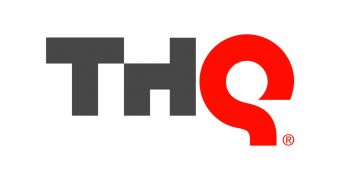Jason Rubin, the former president of THQ, believes that the financial problems that brought the company down cannot be wholly blamed on the big changes of the video games industry and that leadership needs to accept responsibility for its mistakes.
Speaking to MCV, the executive says, “The incredible losses attached to uDraw, massive wasted capital in the unpublished MMO that was cancelled, sticking with children’s and casual titles far after mobile and tablets had killed the business, bad, late, or otherwise inferior titles like Homefront, and a generally haphazard and inefficient approach to deal making.”
Rubin admits that luck is an important part of business, but he also says THQ should have performed better than it did.
He adds, “It would be a cop-out to say that bad luck was the predominant force. Could Homefront have caught a nerve and sold 10 million copies? It’s possible I guess, but probably not without better production. And it’s hard to attribute a cancelled MMO to bad luck. That was simply a bad decision in a sea of bad decisions.”
THQ ran out of money and its assets, including big franchises and development studios, were sold at auction in order to get the necessary funds required to pay the debts.
SEGA picked up Relic and Company of Heroes, which should get the sequel during the first half of the year.
Ubisoft got the Montreal studio and the new South Park game while Metro and Saints Row went to Koch Media.
But THQ failed to find a buyer for the Darksiders franchise and for developer Vigil.
Jason Rubin is delighted that a part of the development team managed to find a new home at the newly inaugurated Crytek USA studio.
THQ still owns a number of legacy assets that could be sold at a later date, before the company is finally shut down.

 14 DAY TRIAL //
14 DAY TRIAL //